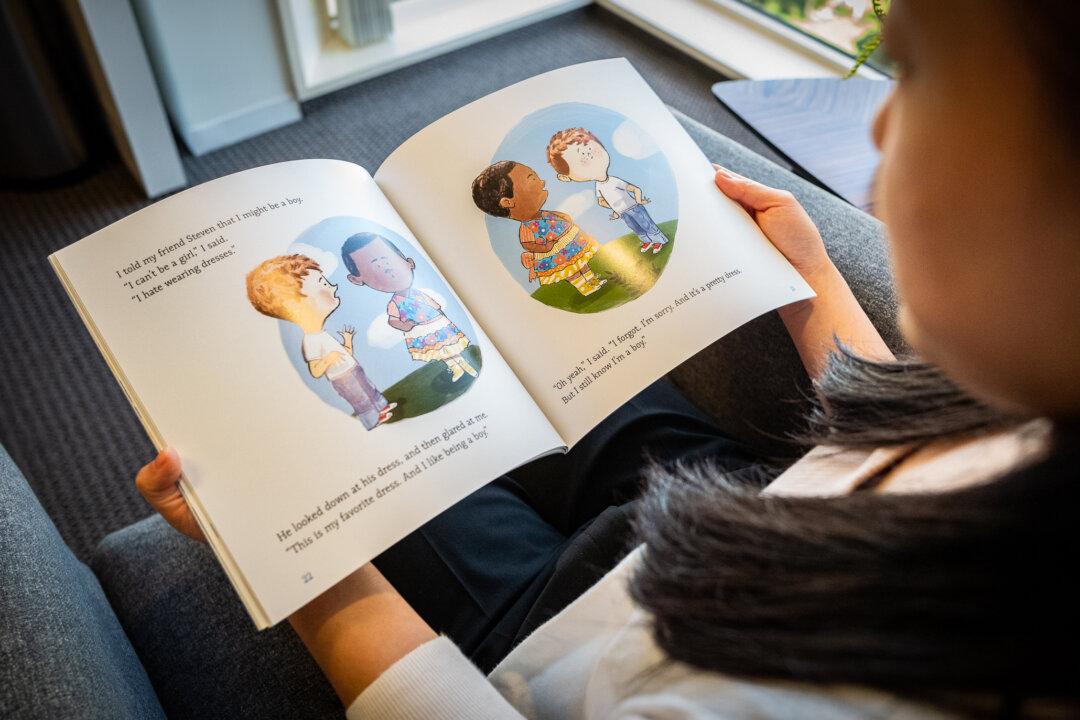A federal appeals court has reversed a preliminary injunction against an Alabama law that sought to ban transgender procedures for minors, noting states have a “compelling interest” in protecting children from potentially harmful medications.
Alabama’s “Vulnerable Child Compassion and Protection Act,” or SB 184, makes it a felony to provide transgender treatments to minors, including hormone therapy, puberty blockers, and surgery. Passed by the state Legislature in April 2022, medical providers who violate the law could face up to 10 years in prison. A month later in May 2022, U.S. District Judge Liles C. Burke granted a preliminary injunction against the law, blocking it from coming into effect.





